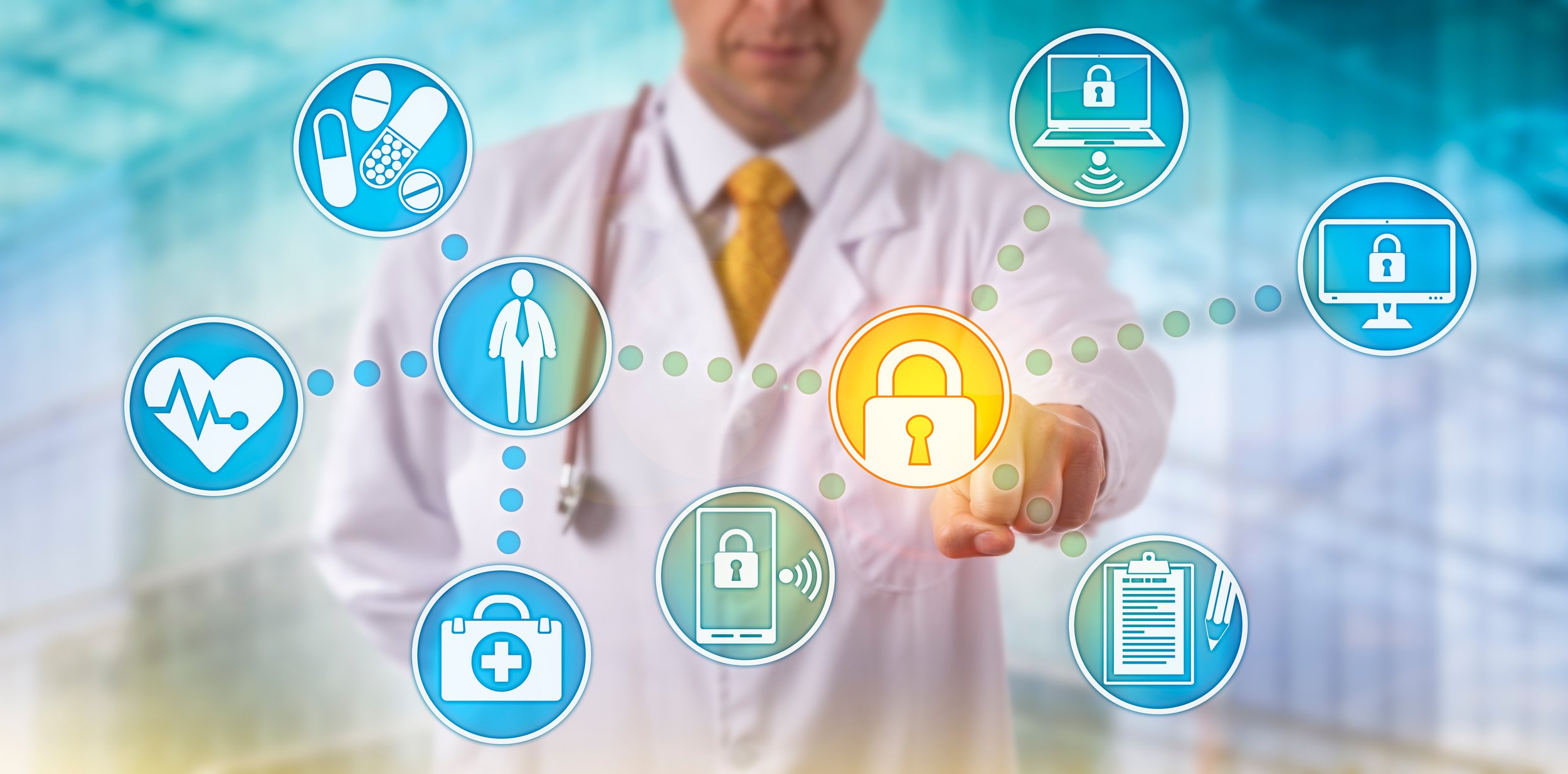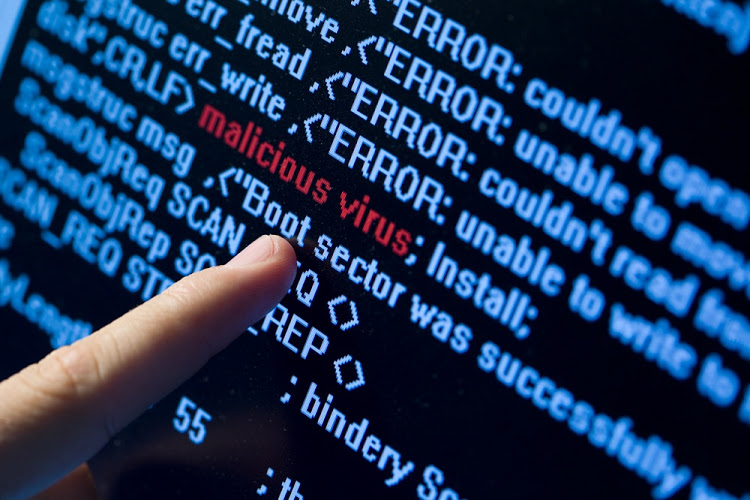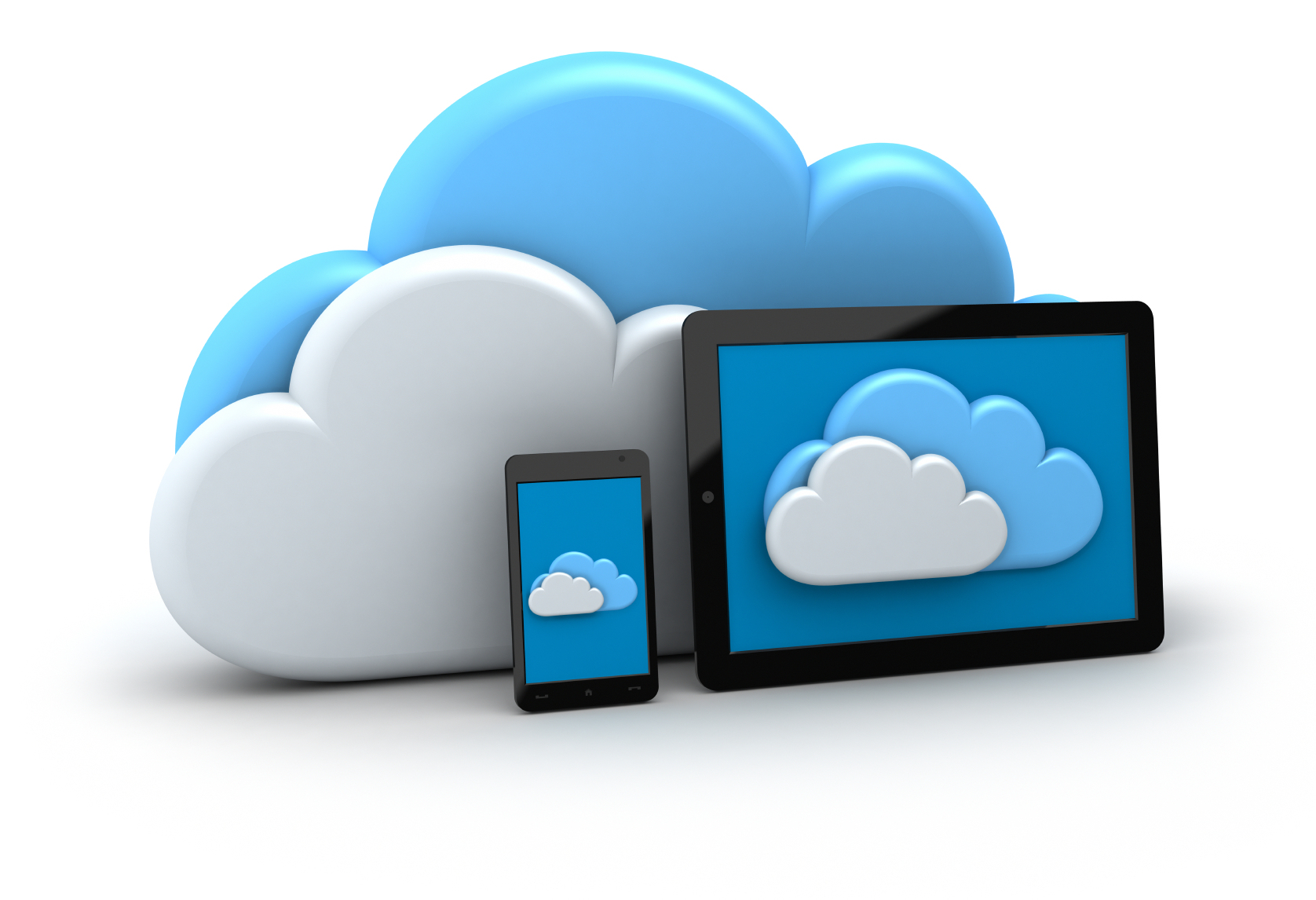Cybersecurity monitoring is essential for every business to have, no matter the size, as every company must be prepared to defend against malware, hackers, cyber threats, and data breaches. Monitoring serves as a means to detect breaches in near real time and collect logs for further investigation. In the event of a data breach, the logs can be used as forensic evidence. Cybersecurity monitoring also satisfies compliance for HIPPA and Department of Financial Services (DFS) laws.
One specific industry that is a common target for cyber threats and data breaches is the healthcare industry. Hackers tend to frequently steal patient records at an alarmingly high rate as it is one of the most profitable forms of private data that hackers can profit from.
Hospitals and sole practitioners are becoming increasingly susceptible to online attacks and compromising confidential patient data mainly because they host a lot of internet-connected equipment that cannot be secured with traditional endpoint solutions. Not to mention that long and busy days mean healthcare staff do not have the time and resources to stay educated on the latest threats to devices. This is where IT specialists are able to step in to protect healthcare hardware against attacks.
Effective cybersecurity solutions have become a must for all healthcare organizations, no matter the size, as they are all in charge of sensitive patient data. Keeping network devices secure wherever possible helps to limit the damage that could be caused by an attack on medical devices. The number of devices used in hospitals and doctors’ offices makes it hard to stay on top of security. However, healthcare organizations have a responsibility to keep up on the latest online threats to keep their patient data secure. Thus, it’s important for any healthcare organization to take a proactive approach against ransomware by investing in preventive measures and allocating a budget to invest in an IT company for cybersecurity monitoring.
Numerous ransomware attacks were reported against the healthcare industry in 2019 around the country, including Olean Medical Group and Seneca Nation Health System in Salamanca, New York, which caused the healthcare facilities to temporarily lose access to their computers and electronic health record systems.
Protect Your Healthcare Business with Security Information and Event Management
Security Information and Event Management (SIEM) is the core technology behind cybersecurity monitoring. SIEM is a specific platform that centrally collects, analyzes, and reports data from multiple devices on your network. Through an advanced correlation engine, it is able to proactively identify security events not otherwise detected by separate security technology. The analysis capabilities of SIEM systems can detect attacks not discovered through other ways. SIEM products can even stop detected security breaches, assuming an attack is still in progress.
When such events are identified, SIEM reports the incident to whoever is responsible for response and remediation. Outsourcing your monitoring to an IT company that specializes in cybersecurity monitoring is the best way to handle events that were identified by your SIEM, including investigation and vetting false positives. Thus, a 24/7 Security Operations Center (SOC) like Keyskeya Technology gives organizations the security benefits without costly expenses or headaches.





